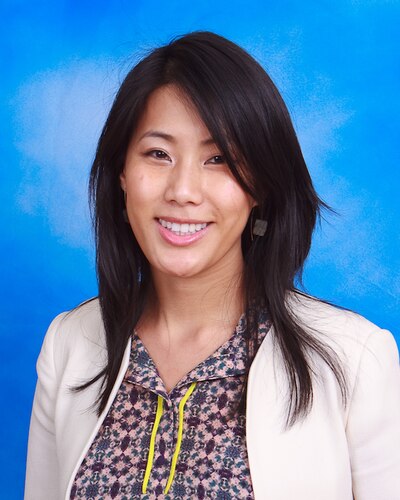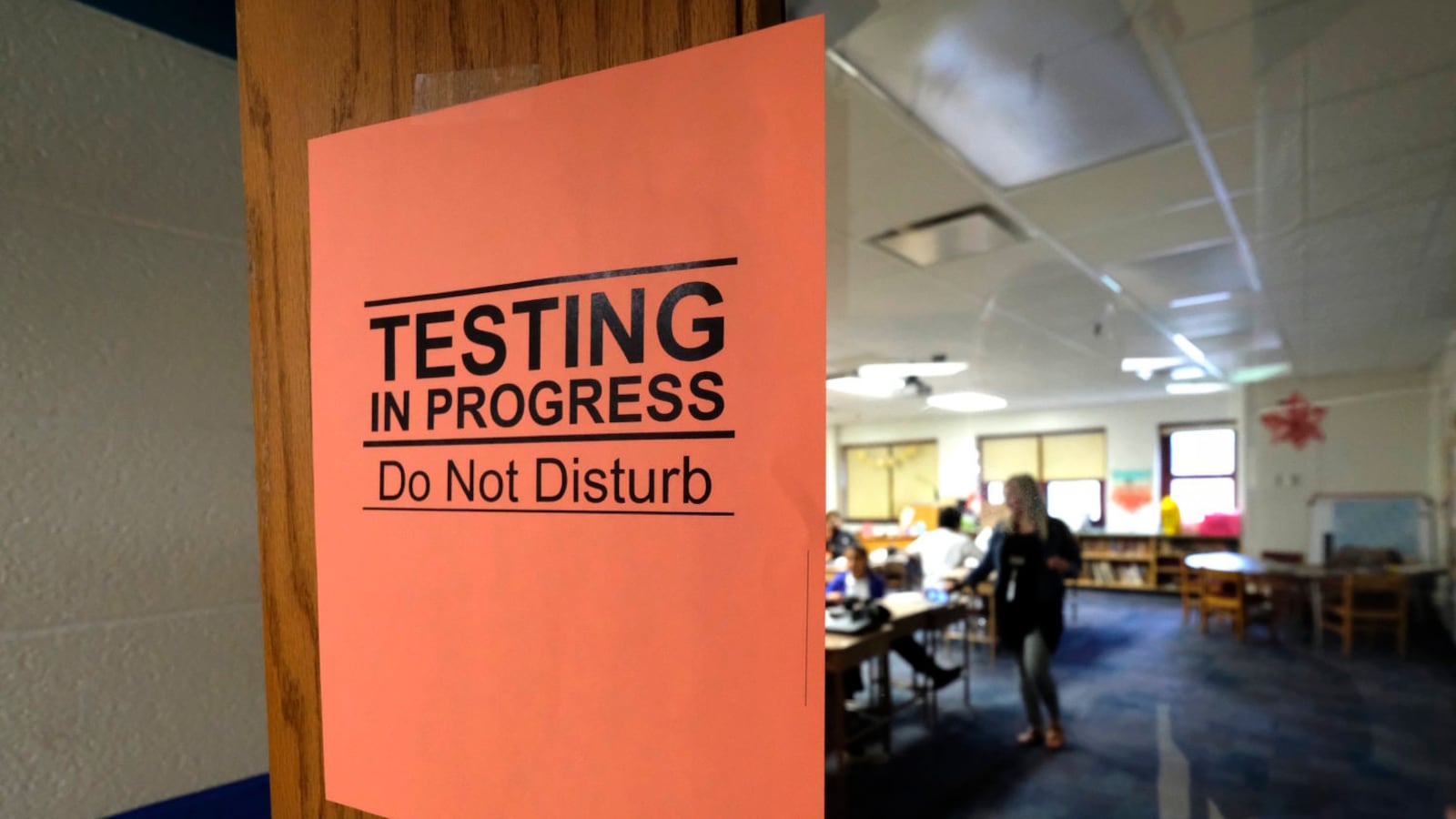Last summer, like many principals across the country, I reflected on what was, and probably forever will be, the most challenging year I’ve had as an educator. And yet, before I could catch my breath, I had to answer the daunting question: “What happens next year?”
I am the principal of MESA Charter High School in Bushwick, Brooklyn, a school I co-founded eight years ago. It pained me to see the toll COVID-19 took on our community. Over the course of a few months, we lost eight parents of students. As with many other schools, we had to put the pieces back together from the grief and trauma we endured while urgently planning for an upcoming school year full of unknowns.

Our nearly 500 students entered the school year with new responsibilities and considerations. Some had to babysit siblings and get them set up and ready for remote instruction at home. Others had to take on part-time jobs to support their families. Many were having real and somber conversations about scaling back college options due to financial and safety concerns. My staff and I needed tangible ways to support our students and families who were navigating these challenges. We needed to help students see that the path to college was still a reality. We needed hope. At MESA, that hope came in the unlikely form of the CLEP exams.
CLEP, which stands for College-Level Examination Program, is run by the College Board and offers 34 different college credit equivalency exams that students of any age may take. CLEP is still largely unheard of in the high school community, overshadowed by its more prestigious cousin, Advanced Placement exams. Similar to the GRE graduate school entrance exam, students find out their CLEP results instantly.
We learned about an innovative new initiative called NYC x Freshman Year for Free. The Heckscher Foundation, an organization committed to leveling the playing field for underserved youth, provided a grant for our teachers to align their curriculum to CLEP exam content. We went to work piloting the program within our Spanish and Algebra 2 courses. We knew this could make a huge difference for our students.
The free program offered courses that prepared students to take any CLEP exams of their choice — and it covered the $89 test fee. NYC x FYFF also paid students a $400 stipend if they passed the exams and obtained college credits. Over 80% of MESA students are considered low-income and qualify for free or reduced-price lunch, so those cash stipends made a real difference in the lives of our students’ families.
Up until this point, CLEP exams were most popular with undergraduate students looking for a quick way to plug any last-minute holes in their credit requirements. Modern States, a New York-based philanthropy dedicated to making college more accessible and affordable, is changing that. The organization is now focused on getting high school students to take CLEP exams and accrue credits before they enter college. Students who enter college with these credits automatically have a leg up because they will need to complete fewer classes in college to attain either their associate or bachelor’s degree. This relieves the financial strain and burden for many students, especially those needing to take on part-time jobs to pay for college.
Moreover, studies show that the more credits college students have earned, the less likely they are to drop out. The odds for college graduation are not in our favor; many low-income, first-generation college students — who account for the bulk of MESA’s population — do not ultimately graduate with a degree or credential. Removing a barrier to credit accumulation is a game-changer for beating those odds.
One potential roadblock my MESA Charter students encountered was that CLEP exams must be administered in person. Because of the tragic losses we suffered as a community, we had to work hard to reinforce trust with our families that students could feel safe and comfortable re-entering the building to sit for these exams. We strictly limited the number of students that could be tested at once and then meticulously filled our calendars with multiple testing sessions so that more than 100 of our students could sit for exams.
The hard work of our staff and students paid off. To date, 107 MESA students have taken CLEP exams, and 98% of them have passed. Moreover, for foreign language CLEP exams, credits are granted based on how well the students perform — the higher the score, the more credits they earn. At MESA, 88 students — many of them just sophomores in high school — were able to earn a whopping nine college credits. Seeing our students beam with pride as they learned they earned three semesters’ worth of foreign language college credits while also pocketing their stipends brought a much-needed morale boost to our school. College, all of a sudden, became a much more clear and realistic possibility through the fog of this pandemic.
Collectively, our students have earned $42,000 by taking a chance on this program; they now have at least six credits each accepted at over 2,900 colleges and have already saved many tens of thousands of tuition dollars. The confidence boost from our successful pilot has not only empowered our students but inspired our educators as well. Teachers from all disciplines volunteered to plan and adjust their courses to provide these opportunities for our students. Next year, we will offer CLEP-aligned courses for English Language Arts, Government/Economics, Psychology, and multiple math courses.
Folding CLEP into our school structure makes a difference for our students. As we evolve and adapt to respond to their needs, we see CLEP as a fixture in our school; it provides an opportunity to shift the trajectory of their lives. Prior learning assessments like CLEP are critical tools, especially at this moment, to increase our college persistence rate. Let’s use these tools to help put college in reach for more students.
Pagee Cheung is the co-founder and principal of MESA Charter High School in Brooklyn, New York.

